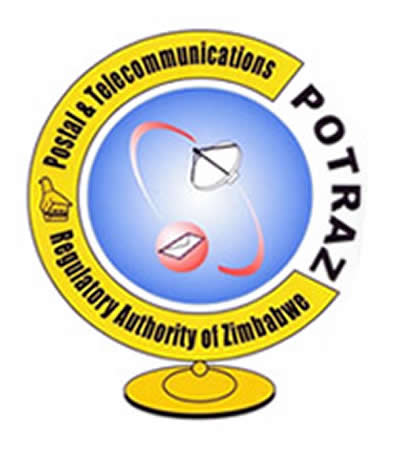POTRAZ, Zimbabwe’s telecommunications regulator, has approved a 61% increase in the cost of data tariffs. In a letter addressing the Telecommunication subscribers, the regulator explains the reason for the increased tariff price, thanking the subscribers for their continuous patronage.
While this is a considerable lifeline for service providers as the price increase will help them stay afloat, it’s yet another big data bill for subscribers.
The regional average data tariff is US$0,04 per megabyte. On SMS tariffs, Kenya has the lowest at US$0,010, followed by Tanzania, Zambia and Zimbabwe, where consumers pay an average of US$0,011, US$0,012 and US$0,015.
Read also: Zimbabwe Emerges Winner At ITU Conference
Although POTRAZ scheduled this 61% increase in July, it may not be able to get tariff prices to match inflation.
The letter, which is dated 14 October 2022, reads thus;
“Dear Valued Customer,
Thank you for the continued opportunity given us to serve you. We remain sensitive to our responsibility to make our services available and affordable to you, our valued partners.
As communicated in July 2022, the regulator, POTRAZ, has granted all operators in the telecommunications sector a blanket 61% tariff increase for August, 61 % for September and another 61% for November 2022 for broadband and related services.
This letter serves as a reminder that the November 2022 invoice for ZWL services will have a 61% price adjustment to maintain the quality of service you deserve and to remain viable as an operator. While the economic environment has stabilised somewhat in the last few months, the telecoms sector has fallen behind in effecting increases.
Given that it is a highly capital-intensive sector which needs to upgrade infrastructure regularly using foreign currency, the increases are essential.
Should you wish to switch to USD billing, kindly contact our Billing Department on
Billing2@telco.co.zw
We appreciate your continued support in enabling us to deliver quality service to you always.
We do continue to request that payment be made promptly each month to allow value to be preserved and thank you very much for your patronage.
Reasons For The Tariff Hike
Zimbabwe’s high annual inflation rate, which closed 2021 above 60%, is a cause for grave concern in the telecommunications industry.
A recent report by Potraz shows that costs in the sector are growing faster than revenues.
According to the telco regulator, mobile operator revenues grew by 15.8% from the previous quarter to record ZW$19.5 billion, while at the same time, operating costs grew by 40.9% to record ZW$12.5 billion in costs in the same quarter.
Costs are also being driven by the volatile domestic currency, which has been losing value against major currencies in the last two years. Most companies in Zimbabwe are pegging their prices in United States dollars and constantly adjusting the ZWL prices to match the greenback street rate, thought to be around US$1:230 compared to the official rate of US$1:115.
Heavy Tax is another reason for the hike in tariff price. The telecommunications sector is saddled with a 5% health levy, a 15% Value Added Tax, a 25% corporate tax, a 3% universal service fee and a 2% IMT tax.
Power cuts also affect the cost of running telecommunications services. In its latest annual report, Econet Wireless Zimbabwe said it used as much as three million litres of diesel per year to power up generators to keep base stations online. A simple calculation shows that Econet uses over US$4 million a year to procure diesel.
















